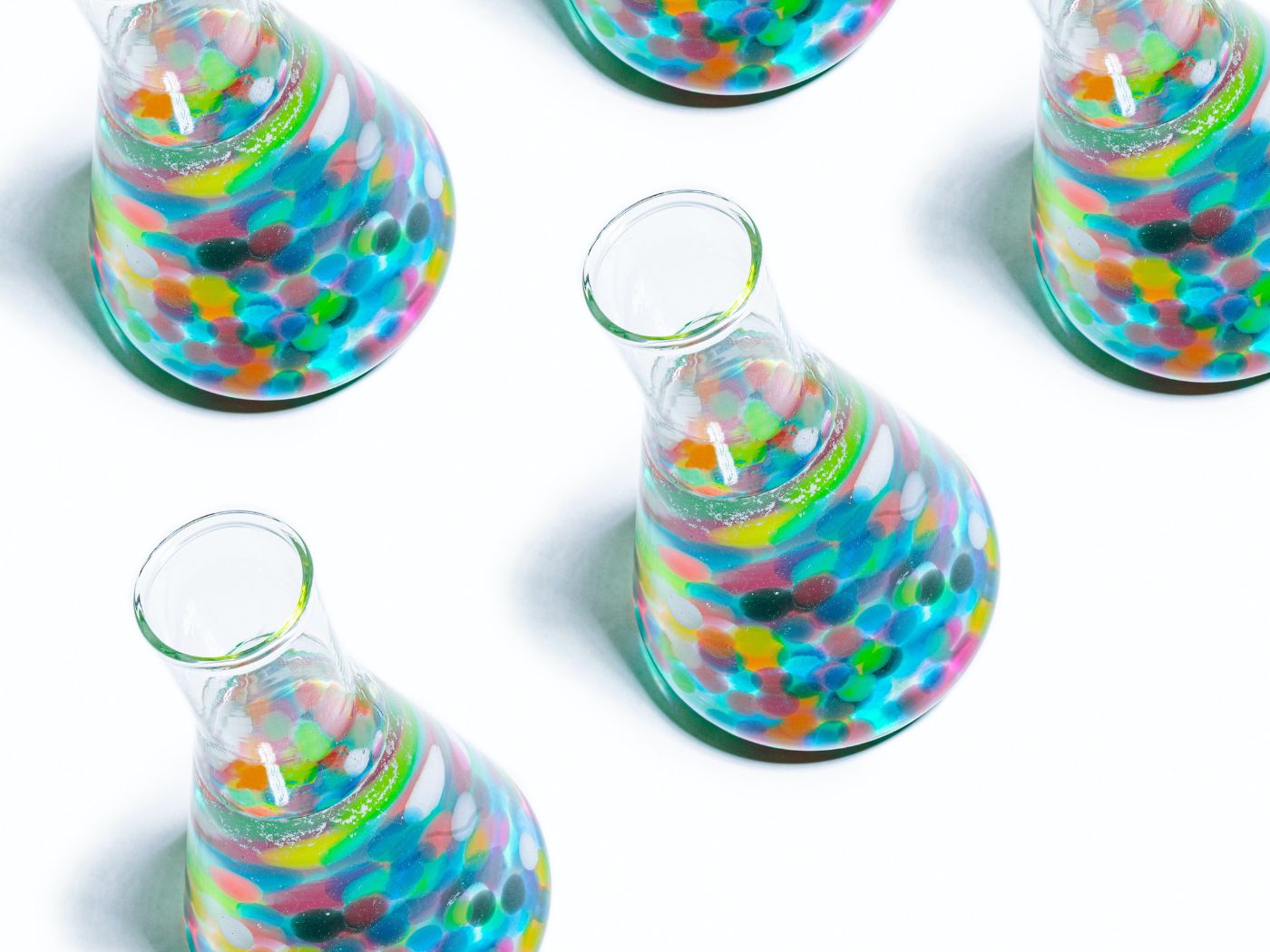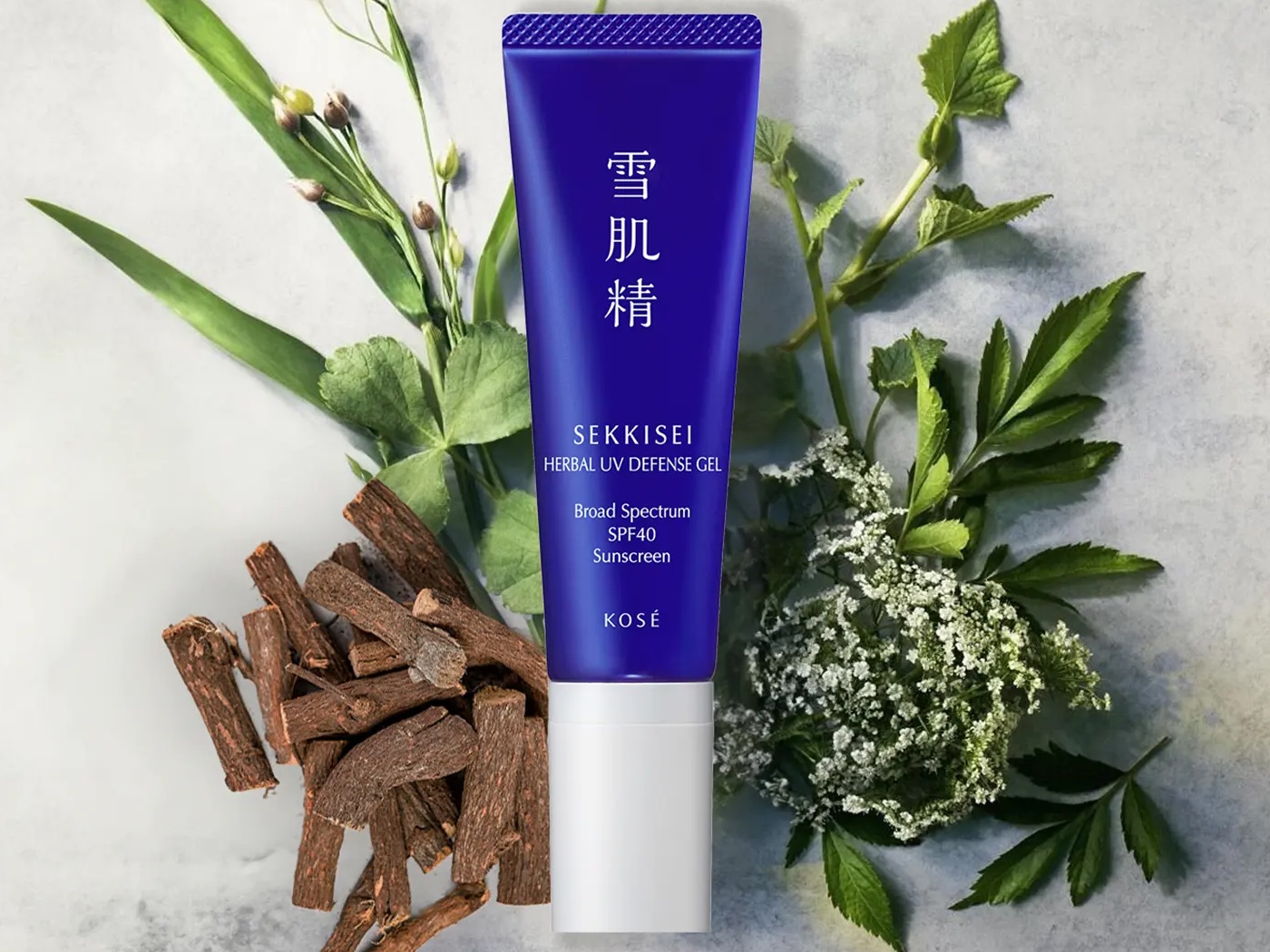Jennifer Lee, Chief Impact Officer of beauty brand Beautycounter, has a metaphor for the way many consumers continue to cling onto beauty products that contain harmful ingredients.
“It’s like eating Cheetos,” says Jennifer. “They know it’s bad for them, but they’re going to do it anyway.”
It’s that still-prevalent mindset, combined with customer confusion and mixed messaging, that Jennifer says keeps her focused on several main goals: putting non-toxic products into everyone’s hands, changing laws, and making other beauty brands more accountable to their customers.
These were some of the issues addressed during Beautycounter’s Raise the Impact forum, held in Los Angeles earlier this month to commemorate the brand’s 10th anniversary. Founded in 2013 by entrepreneur Gregg Renfrew after learning that the U.S. didn’t ban nearly the amount of ingredients compared to Europe (30 versus more than 1,000 at the time), the company’s mission has been to create high-performing products backed by science without harmful ingredients. Despite its growth to 400-plus sku’s, and a late February partnership with Ulta Beauty bringing it into 500 doors, the company’s mission remains an uphill battle, says Jennifer.
“There’s a lot of mushy marketing around clean beauty, and brands are getting called out,” she says. “There are some (ill-intentioned) companies that don’t think about safety, and they use an ingredient because it works. There are others who ask for an ingredient but don’t really check how safe it is. There needs to be a process for brands being audited. There is so much improvement that has to happen.”
The forum consisted of panels on subjects such as fostering equity in beauty, sustainability, and climate change, and included speakers such as Stephen Holland, Senior Health Counsel, U.S. House of Representatives, and Janet Nudelman, Senior Director of Program and Policy at Breast Cancer Prevention Partners. Muffy Clince, Director of Emerging Brands and Conscious Beauty Lead at Ulta Beauty, was on a panel called “What is Clean?” and spoke of the confusion among customers about what constitutes clean beauty. Attendees included approximately 150 Beautycounter independent sales consultants.
“Two years ago we launched our conscious beauty platform, and we were very thoughtful about coming to market with it because of the confusion,” says Muffy. “We lean on clean ingredients as one a key pillars. But we also consider cruelty-free, sustainable packaging, positive impact, and the vegan side of the business.”
Beautycounter now has 2,800 ingredients on its Never List. Many ingredients, Jennifer says, are known carcinogens that bioaccumulate. “It can take up to three years for Beautycounter to come to market with a new product as a result of having to safe source alternative ingredients to those on the Never List,” she explains. The list is published on Beautycounter’s website, with the intention that competitor brands will draw from it and incorporate those findings into their own formulations. “Cleaner ingredients can be far more expensive than those that are not,” but as clean becomes more mainstream, those costs will come down.
“There are cost implications with pioneering a change, capital investments that have to be made,” she says. “We influence our manufacturing partners with the hope that demand will be created from other brands, and they can then drop their prices. Because we make our own products, we can educate our own partners and hold them to a higher standard. But we still have to follow up with advocacy and force the industry to hit those requirements so cost is no longer part of the conversation.”
Beautycounter was acquired by The Carlyle Group in 2021. Marc Rey was named CEO in 2022; Gregg stepped down from the company as of January 2023.
Jennifer hopes to continue to raise awareness of potentially dangerous ingredients without causing consumers to go into a panic. She returns to her Cheetos metaphor.
“So many of these beauty ingredients, in low-dose accumulation, cause reproductive health issues, cancers, and are endocrine disruptors,” she says. “People are being exposed to toxic ingredients on a regular basis. We want to show them steps they can take to reduce that.”




